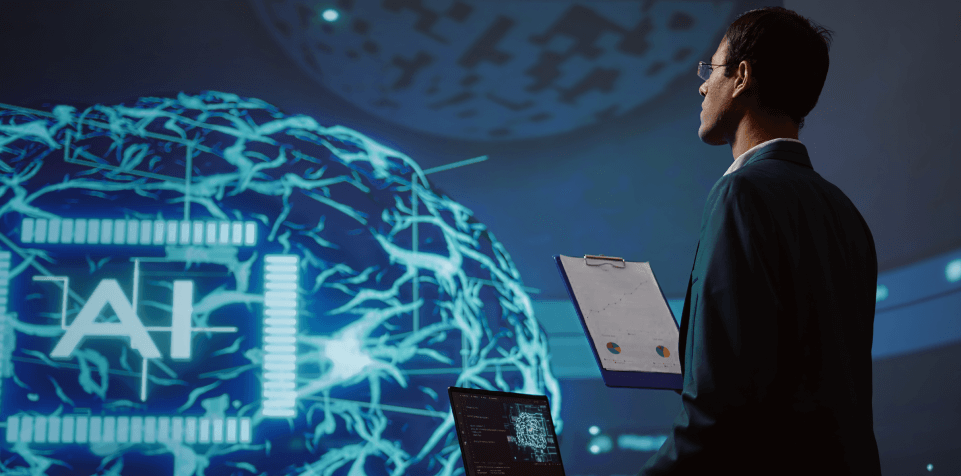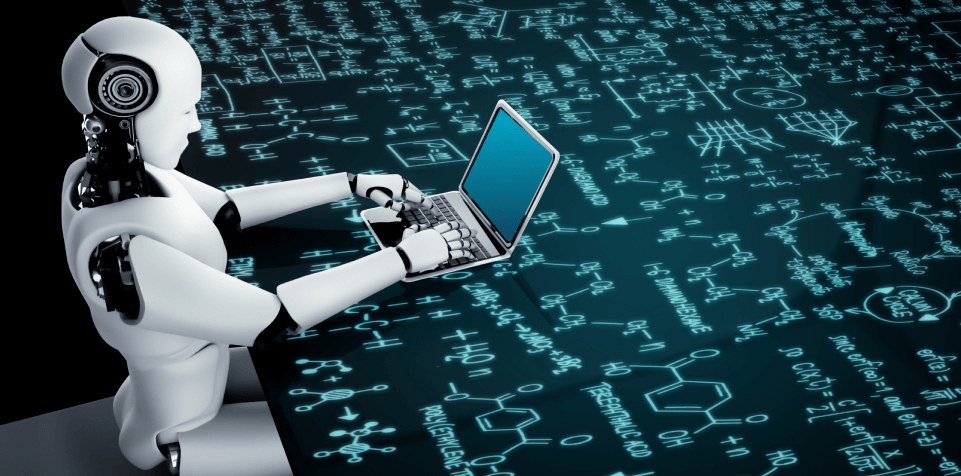Building Effective AI Agents: Unlocking Autonomous Intelligence

Table of Contents
Imagine an AI system that not only processes data but can independently plan, act, and reflect—transforming complex tasks into seamless, autonomous operations. This is the promise of effective AI agents. In this blog, we explore how these agents are built, the core components that power them, and the innovative approaches (like the ReAct method) that enable these systems to operate in real time. Whether you’re a developer, a technology enthusiast, or a business leader looking to leverage AI, understanding these principles is key to unlocking the next generation of autonomous intelligence.
What Are AI Agents?

AI agents are fully autonomous systems designed to operate independently over extended periods. They can perform complex tasks by harnessing a combination of advanced large language models (LLMs) and specialized tools. Unlike traditional AI, which often focuses on predefined, rule-based tasks, effective AI agents generate fresh insights and creative outputs, making them adaptable across a variety of domains.
The Anatomy of an AI Agent
Effective AI agents are built around three core components:
- The Brain (Thinking): The internal reasoning engine that processes input, plans the next steps, and decides on the optimal action.
- The Body (Acting): The mechanisms that execute actions—whether it’s calling an API, generating images, or performing web searches.
- Observation (Reflecting): The feedback loop that allows the agent to observe the outcomes of its actions, learn from the results, and adjust its strategy accordingly.
These components work together in a continuous cycle: the agent thinks (processes and plans), acts (executes tasks), and observes (evaluates outcomes).
Core Principles: Think, Act, Observe

1. Thought: The Agent’s Internal Reasoning
- Internal Planning: The AI agent uses its LLM—powered by models like GPT-4, Llama, or Gemini—to analyze the current context and determine the next best action.
- Example: When asked, “What’s the current weather in Chennai?”, the agent’s thought process involves analyzing the query and deciding to call a web search tool to retrieve the real-time weather data.
2. Action: Executing Tasks
- Tool Integration: Once the agent has formulated a plan, it executes the required action by calling external tools—be it a web search, image generation, or an API interface.
- Example: The agent calls a weather API with the necessary arguments and receives the current temperature, such as “35° C.”
3. Observation: Learning and Self-Reflection
- Feedback Loop: After acting, the agent observes the outcome, reflects on the response, and uses this insight to refine its future actions.
- Example: If the weather data received is inaccurate or the API returns an error, the agent reflects on this outcome and adjusts its query or calls an alternative service.
The ReAct Approach: Merging Reasoning with Action
A cutting-edge method for building effective AI agents is the ReAct approach, which combines reasoning (Think) and acting (Act) with continuous feedback (Observe). This approach allows the agent to:
- Plan Strategically: Break down tasks into smaller, manageable steps, such as gathering data, analyzing trends, and generating reports.
- Adapt Dynamically: Modify its behavior based on real-time feedback—ensuring it responds accurately even in complex scenarios.
- Self-Reflect: Prioritize and adjust its approach if initial strategies do not yield the expected results.
Real-World Applications
Effective AI agents have broad applications across industries:

- Customer Support: AI agents handle inquiries autonomously, reducing wait times and improving service quality.
- Content Generation: They create personalized content—ranging from marketing copy to technical documentation—on demand.
- Process Automation: In complex workflows, agents can integrate with various systems to automate tasks like data processing, scheduling, and reporting.
- Decision Support: By analyzing trends and generating forecasts, AI agents empower businesses to make data-driven decisions.
Conclusion
Building effective AI agents is about more than just advanced algorithms—it’s about creating autonomous systems that think, act, and learn continuously. With components that mimic human reasoning, execution, and reflection, these agents are set to revolutionize industries by automating complex tasks and enhancing decision-making processes. Whether you’re looking to transform customer interactions, streamline operations, or innovate your digital strategy, understanding and leveraging these core principles is the key to success.
Embrace the future of automation and intelligent systems with effective AI agents. Ready to explore how these innovations can drive your business forward? Stay tuned for more insights and join our journey into the next generation of AI.
FAQs
Unlike traditional AI, which is typically rule-based, effective AI agents autonomously plan, act, and learn from their environment—enabling them to generate creative, context-aware solutions.
The ReAct approach merges strategic reasoning with action, allowing agents to adapt dynamically by continuously reflecting on their outcomes and optimizing future responses.
Effective AI agents leverage advanced LLMs (like GPT-4, Llama, Gemini), integrated with various external tools such as web search APIs, image generators, and other specialized services.
Yes, the modular nature of AI agents allows them to be tailored for different use cases—whether for customer support, content generation, or process automation across diverse sectors.
Consider leveraging a no-code platform like MIA – My Intelligent Assistant to design, deploy, and continuously improve your AI agent. Explore our platform for demo requests and further details.
Recent Blogs
-
AI Agent 14 Jan, 2026
Tailored AI Solutions with AgenticAI: Why Customization Is the Real Competitive Advantage
-
AI Automation 12 Jan, 2026
Benefits of AI Workflow Automation: Why It’s Becoming a Boardroom Priority
-
AI Agent 09 Jan, 2026
How to Create Marketing Campaigns Easily with MIA
-
AI Agent 07 Jan, 2026
How MIA’s AI Simplifies Your Hiring and Saves Hours of HR Work
-
AI Agent 05 Jan, 2026
AI Is No Longer an Experiment – It’s Enterprise Infrastructure

